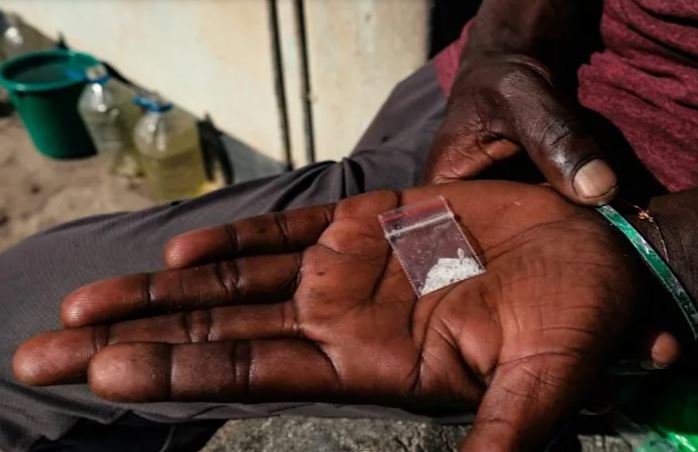Drug and alcohol abuse among Zimbabwean youth is rising, according to government and public health experts who say this increase has coincided with measures aimed at controlling the spread of COVID-19.
The World Health Organisation (WHO), the Zimbabwe government and some civic society organisations have launched public awareness programmes on the problem, worsening under national lockdowns, restrictions on travel and public gatherings, closure of schools and a ban on sports activities.
The following are some of the facts and findings around alcohol and drug abuse:
- A Zimbabwe National Drug Masterplan which the government unveiled in April this year identifies alcohol and drug abuse as one of the top causes of mental health problems in all the country’s 10 provinces.
- Zimbabwe has the highest number of 15 to 19-year-olds in Africa who engage in heavy “episodic drinking”, at 70.7 percent among males and 55.5 percent among females, according to a World Health Organisation (WHO) report entitled “Mental health among young people in the African Region.”
WHO defines heavy episodic drinking as the consumption of at least 60 grammes or more of alcohol on at least one occasion in 30 days, which is six pints at a single sitting.
The Harare-based World Health Organisation (WHO) Regional Advisor on Mental Health and Substance Abuse, Florence Kamayonza, warned that heavy drinking needs to be checked to help manage the dangers of rising mental health and alcohol use disorders.
Launched the Special Initiative on Mental Health on July 21, Health and Child Care Minister, Vice President Constantine Chiwenga, warned that Zimbabwe faced the risk of a decline in the quality of life of the youth from the impact of alcohol and drug abuse. He said “a large proportion of people” were hooked on alcohol and substances like cocaine and crystal meth.
A global survey by the International Society of Addiction Medicines (ISAM) says that many countries are struggling with rising numbers of people abusing drugs as Covid-19 continues to ravage economies, decimate livelihoods and badly alter lifestyles.
Under COVID-19, Zimbabwe has witnessed a sharp rise in the abuse of methamphetamine, a highly addictive stimulant commonly known in the country as “crystal meth” or “ mutoriro”, which affects the nervous system and generally leaves addicts in a wooden state of stupor.
In its 2020 world report, the United Nations Office on Drugs and Crime notes that “rising unemployment and lack of opportunities will make it more likely that poor and disadvantaged people engage in harmful patterns of drug use, suffer drug use disorders and turn to illicit activities linked to drugs – either production or transport.”
With governments and parents less able to respond to problem, strong drug abuse cultures are likely to grow strong roots in communities, according to the UN Office on Drugs and Crime report.
Do you want to use our content? Click Here












